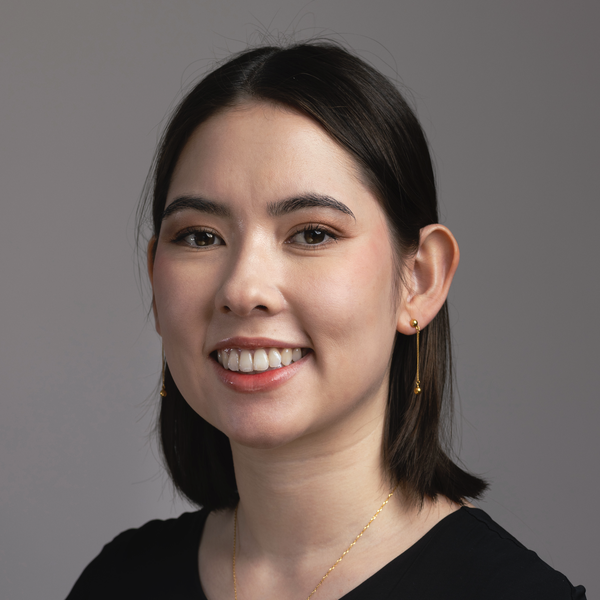
Major(s): College of Letters
Minor(s): Medieval Studies
What is your current role? What was your journey in arriving there?
Tech Strategy Consultant
What do you enjoy about your work? What do you struggle with?
I enjoy getting to collaborate with a wide variety of people toward a shared goal (improving digital platforms for the U.S. government). I am motivated by the purpose of my work and the trust I’m given to work independently on large responsibilities.
If I were to change anything, I’d like to focus more on engaging in more emerging projects rather than maintenance-oriented projects. Both are important. I would just like to experience the other side of the coin.
Do you have any advice for students thinking about entering your industry?
Your application will be stronger if you have a clear narrative to tell; know who you are and practice sharing that story.
How did your time at Wesleyan influence your career choice/journey?
Wesleyan gave me with the freedom of choice and the luxury to explore. I was indulged throughout my four years through a variety of almost exclusively humanistic courses; I was able to figure out who I was and what I (dis)liked. Now in the work world, I gravitate towards projects and problems that are multi-faceted and interdisciplinary. Figuring out myself in college also gave me clarity on the kinds of projects I’m (un)willing to do. It makes navigating infinite choices all the time a lot easier.
Updated as of September 29th, 2023

